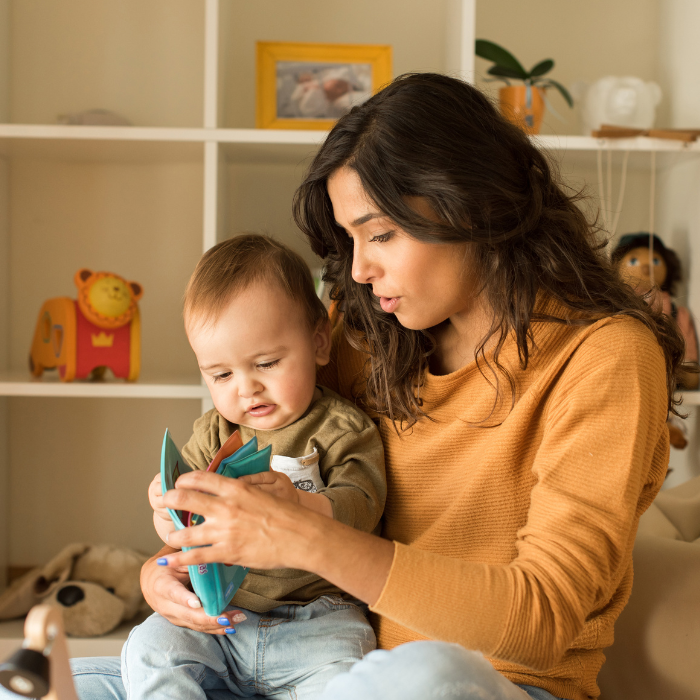
Yvonne Walus talks about after-school enrichment options that pique your child’s interests and keep them learning, in a different way.
If you would like to extend your children’s interests, help them discover what extra-curricular activities they enjoy, and keep them away from electronics at the same time, many organisations offer after-school options. Depending on where you live, opportunities will exist within a mere 30 minutes’ drive away… But what about something that doesn’t involve your having to burn petrol? Something closer to the school? Right at the school, perhaps?
How do you find out about them?
These at-school after-school opportunities are usually advertised on the school’s website, in the weekly or monthly newsletter, in the school notices, at the school’s of office (those lovely ladies know everything!), or by word of mouth.
Your child might mention that Johnny is staying at school for Rippa Rugby today, or that Zoe has painting classes on Tuesdays so can’t do a play date.
When you do the school pick-up, you may observe a car with a promotional logo, or you may notice people setting up an activity in the school hall. Go over and have a chat, find out what they’re doing, who can join (sometimes there is an age restriction or a waiting list), and how much it costs.
If you would like your child to learn gardening or the art of knitting, and there isn’t anything available at your school, put out a notice expressing your interest. Chances are, somebody from your community will offer to teach it, although you might need to help get a few more kids to make it worth their while.
The ideas mentioned here have all been successfully implemented in a Decile 7 Auckland primary school over the last decade. Some of them only lasted a term, while others are still running.
Idea 1: board game club
We’re talking the old-fashioned favourites here: Candyland and Barbie Uno for younger children, Cluedo and more strategic games for advanced players. All you need is a classroom, an adult to supervise, and a few boxes of board games.
Idea 2: dancing
It can be ballet, jazz, hip hop or ballroom dancing – the important thing is to get the kids moving to the music. In our school, we were lucky to have a local celebrity from Dancing with the Stars conduct the after-school lessons, but it could honestly be anybody who knows about rhythm.
Idea 3: robotics
Usually for kids 10+, these classes are a precursor to programming and constructing robots from kits – using sensors, controllers, and actuators (don’t ask, I don’t know what those are, either, but the kids do). Exposure to primary school robotics helps them later on with maths, IT skills, and problem solving.
Idea 4: cooking
Not every primary school has a full kitchen, but cooking lessons can still happen in the school hall with no-bake recipes such as s’mores, cereal cookies, peanut butter cups, fruit kebabs, and salads. Alternatively, the venue could be a house within walking distance from the school. The important thing is to learn about sharing, nutrition, how to follow the recipe, when to experiment, and how to enjoy new dishes.
Idea 5: language lessons
If a parent in your school community speaks another language, they could teach it one day a week after school. We’re not talking grammar or formal writing: just games, songs, cartoons in a foreign language, simple phrases. Fun is the key word here, and the obvious benefit is exposure to new cultures and diversity.
Idea 6: sports
We’re not talking anything serious here, just an hour
a week of team sports, gym, or fitness. Although sometimes organised by a nearby club, it’s never competitive. When my daughter “played netball” after school in Year 3, it invariably involved talking to the girl from the opposite team, the one she was supposed to mark (Goal Defence and Goal Attack, for those of you in the know). If the ball ever came their way, both girls would skilfully step aside to avoid being hit, and continue with their conversation. They had heaps of fun without ever catching the ball, and now my daughter plays competitive netball for her college.
Idea 7: martial arts
Judo, karate, or taekwondo – at this level, it doesn’t matter which is offered by your school. What’s important is that they teach self-assurance, self-respect, how to walk away from a fight, and how to protect yourself if you can’t walk away. They’re also fantastic for balance, fitness,
and learning where you are in space.
Idea 8: drama and music
Exposure to music enriches your child’s life experience. Learning to play music can be either relaxing, or an energetic way to let off steam. Drama helps with confidence, feeling comfortable on stage, and public speaking. Depending on the child’s age, this activity could consist of dressing up and banging the drums, or learning to read music and performing a piece for an audience.
Idea 9: art
Art lessons can be outlets for creativity or instructions
in specific drawing techniques. The medium varies from paint, clay, and photography all the way to making costumes from recycled materials.
Idea 10: extra tuition
If your child needs help with literacy or numeracy, consider extra lessons at school, after hours. Speak to your child’s teacher to determine what they need.








